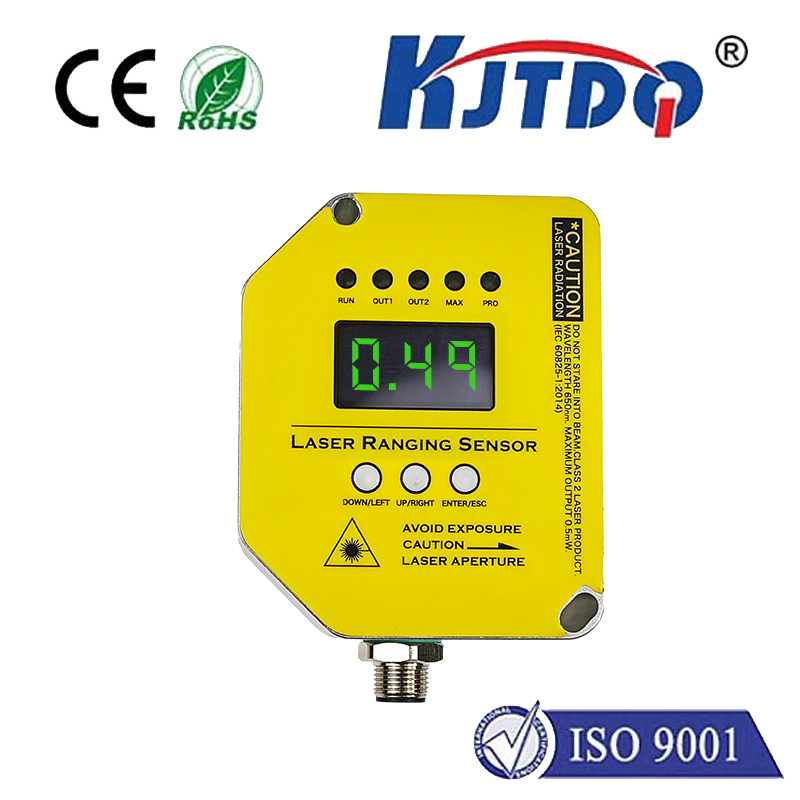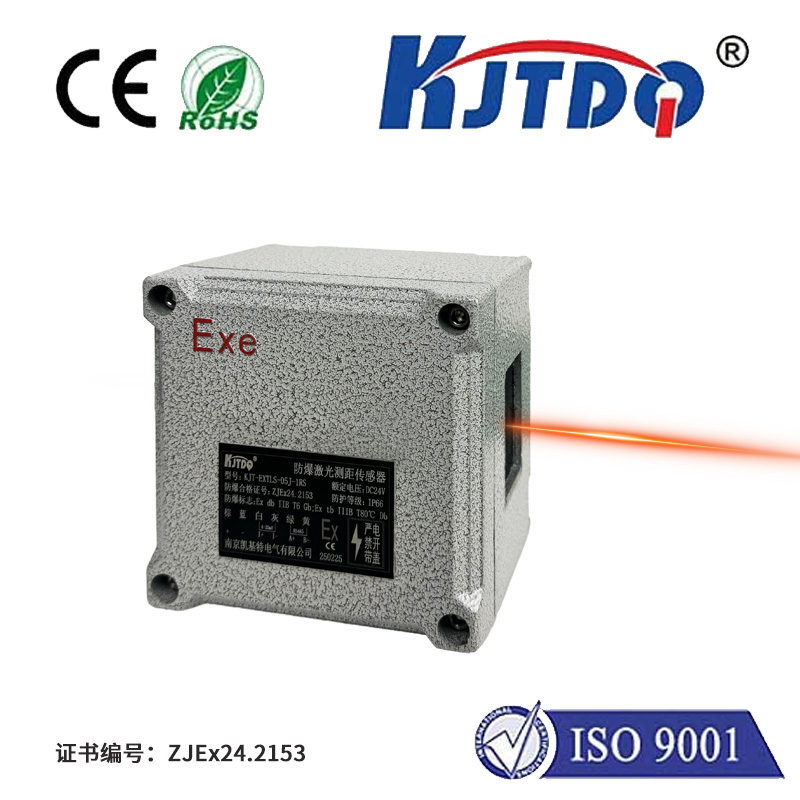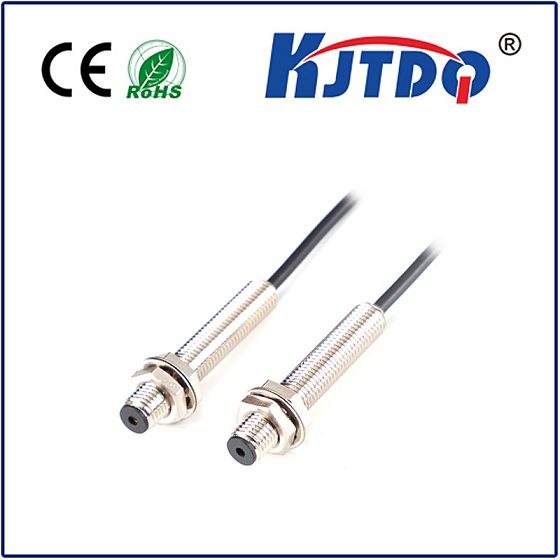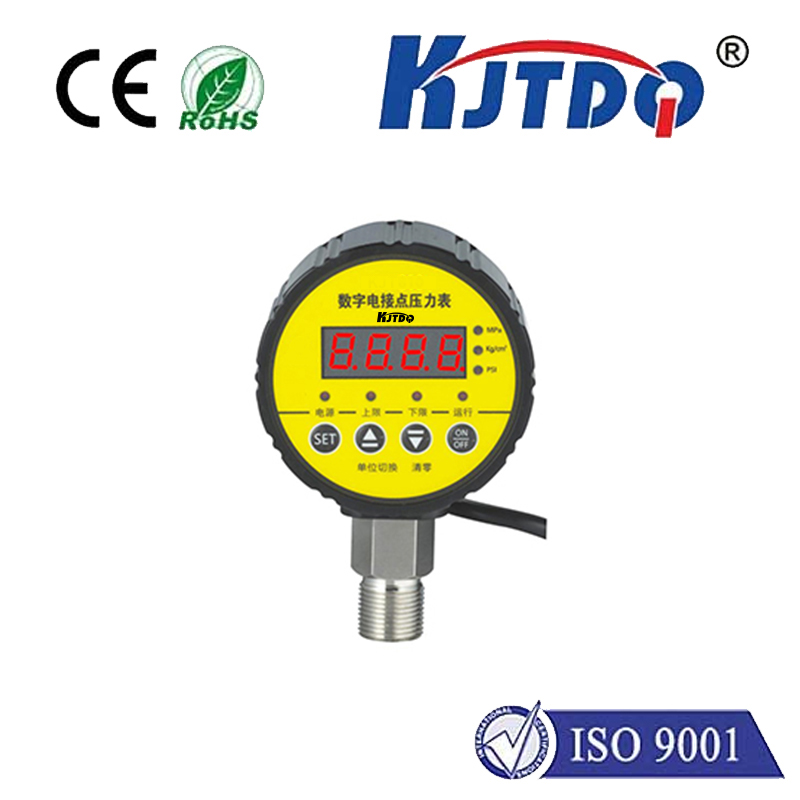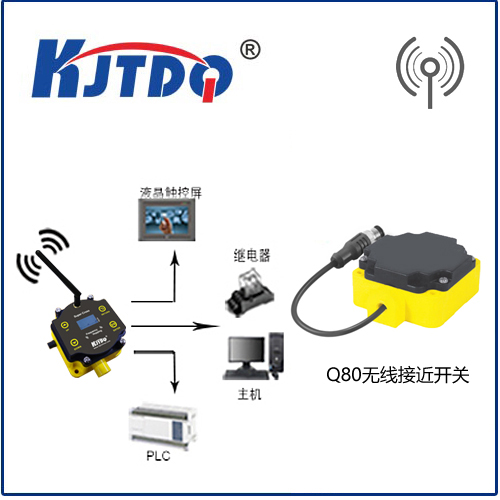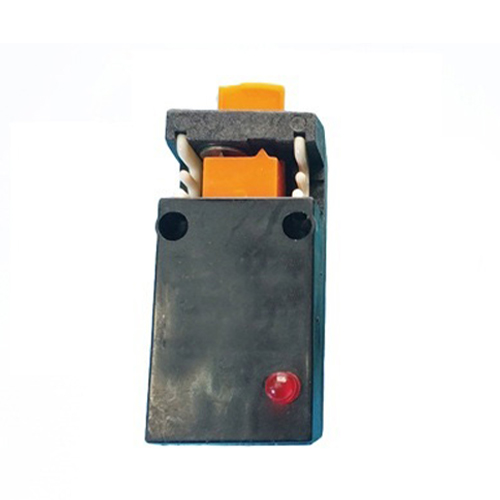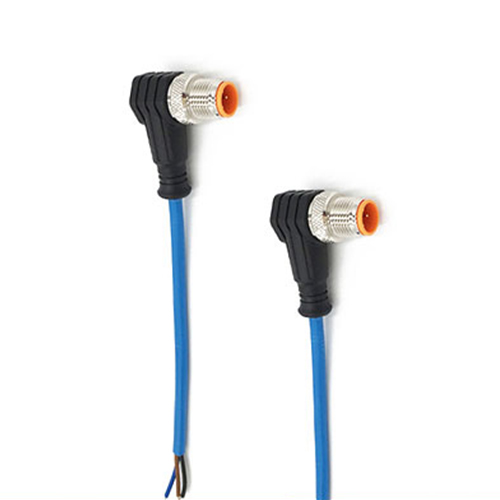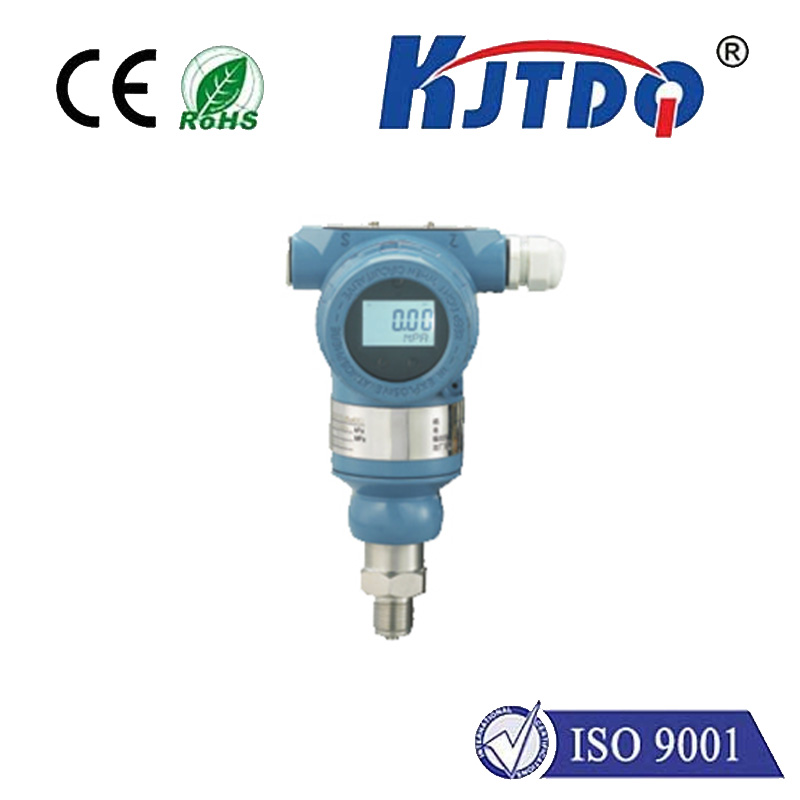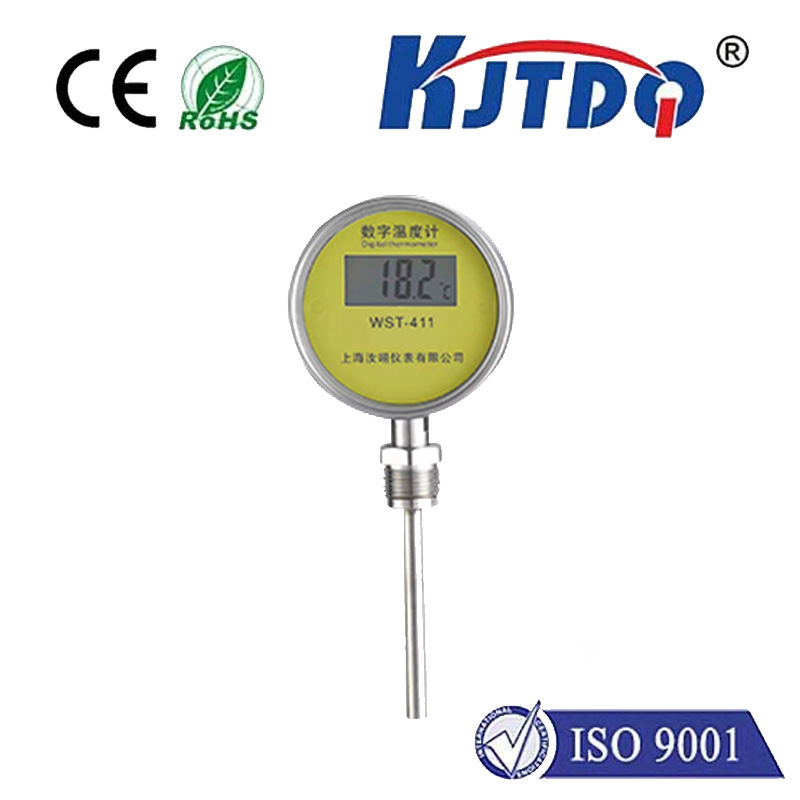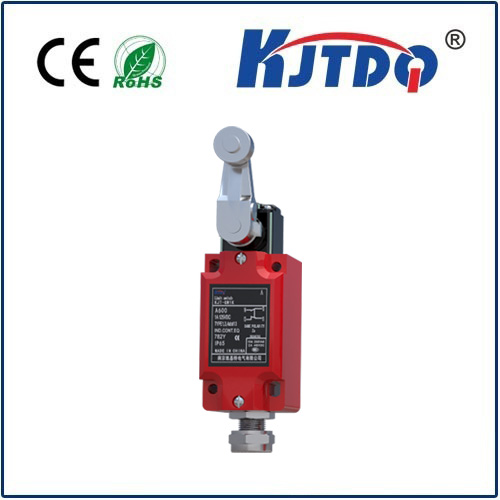

check

check

check

check

check

check

check

check

check

check
Title: Unlocking the Power of Laser Thickness Measurement with Cutting-Edge Sensor Technology
Introduction:
In the field of industrial manufacturing, accurate measurement is key to ensuring quality control and optimizing production processes. One such critical parameter that requires precise monitoring is the thickness of materials being cut or processed. Traditional methods for measuring this attribute can be time-consuming and prone to errors, but recent advancements in sensor technology have paved the way for more efficient and reliable solutions. One such innovation is the laser thickness sensor, which has revolutionized industrial thickness measurement by providing fast, accurate results with minimal disruption to production.
The Importance of Measuring Laser Thickness:
Laser cutting and processing techniques have become increasingly popular in many industries due to their ability to process a wide range of materials quickly, efficiently, and with minimal waste. However, accurate measurement of material thickness is essential for ensuring that these processes maintain consistent quality standards. Poorly measured material can lead to defects, reduced product life, or even safety risks in some cases. As such, precise laser thickness measurement plays a crucial role in ensuring the integrity and reliability of industrial processes.
Introducing the Laser Thickness Sensor:

The laser thickness sensor is a small, handheld device that uses infrared light to measure the distance between a laser beam and the surface of a material. By emitting a continuous stream of laser light and analyzing its reflection off the material's surface, the sensor can determine the thickness of the material in real-time. This allows manufacturers to monitor the progress of cutting or processing operations and make adjustments as needed to ensure optimal efficiency and quality.
Key Features of Laser Thickness Sensors:
1. Non-contact measurement: Unlike traditional methods such as calliper measurements, laser thickness sensors do not require physical contact with the material being measured, making them ideal for applications where hygiene or cleanliness are critical factors.
2. Rapid response times: With advanced algorithms and hardware design, laser thickness sensors can provide accurate results within seconds, allowing for rapid decision-making and optimization of industrial processes.
3. High accuracy: Thanks to theirnon-contact nature and advanced测量 techniques, laser thickness sensors can achieve high levels of accuracy, even when working with thin or irregularly shaped materials.
4. Interchangeable probe heads: Some models of laser thickness sensors feature interchangeable probe heads designed for specific materials or applications, ensuring optimal performance regardless of the input substrate.
Applications of Laser Thickness Sensors:
Laser thickness sensors have numerous potential applications across various industries, including:
1. Sheet metal fabrication: Ensuring accurate measurement of sheet metal thicknesses is vital for producing high-quality components and components with consistent dimensions.
2. Woodworking: By accurately monitoring wood thickness during cutting or processing operations, laser thickness sensors help prevent defects, reduce waste, and improve product quality.
3. Automotive manufacturing: In automotive factories, laser thickness sensors are used to monitor the thickness of metal plates and other materials before they are bonded together to form body panels or other components. This ensures precise consistency and minimizes the risk of errors during assembly.
Conclusion:
With the increasing demand for precision and efficiency in industrial manufacturing processes, laser thickness sensors offer a powerful solution for maintaining consistent quality standards. Their ability to provide accurate measurements in real-time without disrupting production makes them an essential tool for modern manufacturers seeking to optimize their operations and enhance customer satisfaction. As technology continues to advance, we can expect even more innovative solutions like the laserThickness sensor to emerge and transform the way we work and create value in industry
